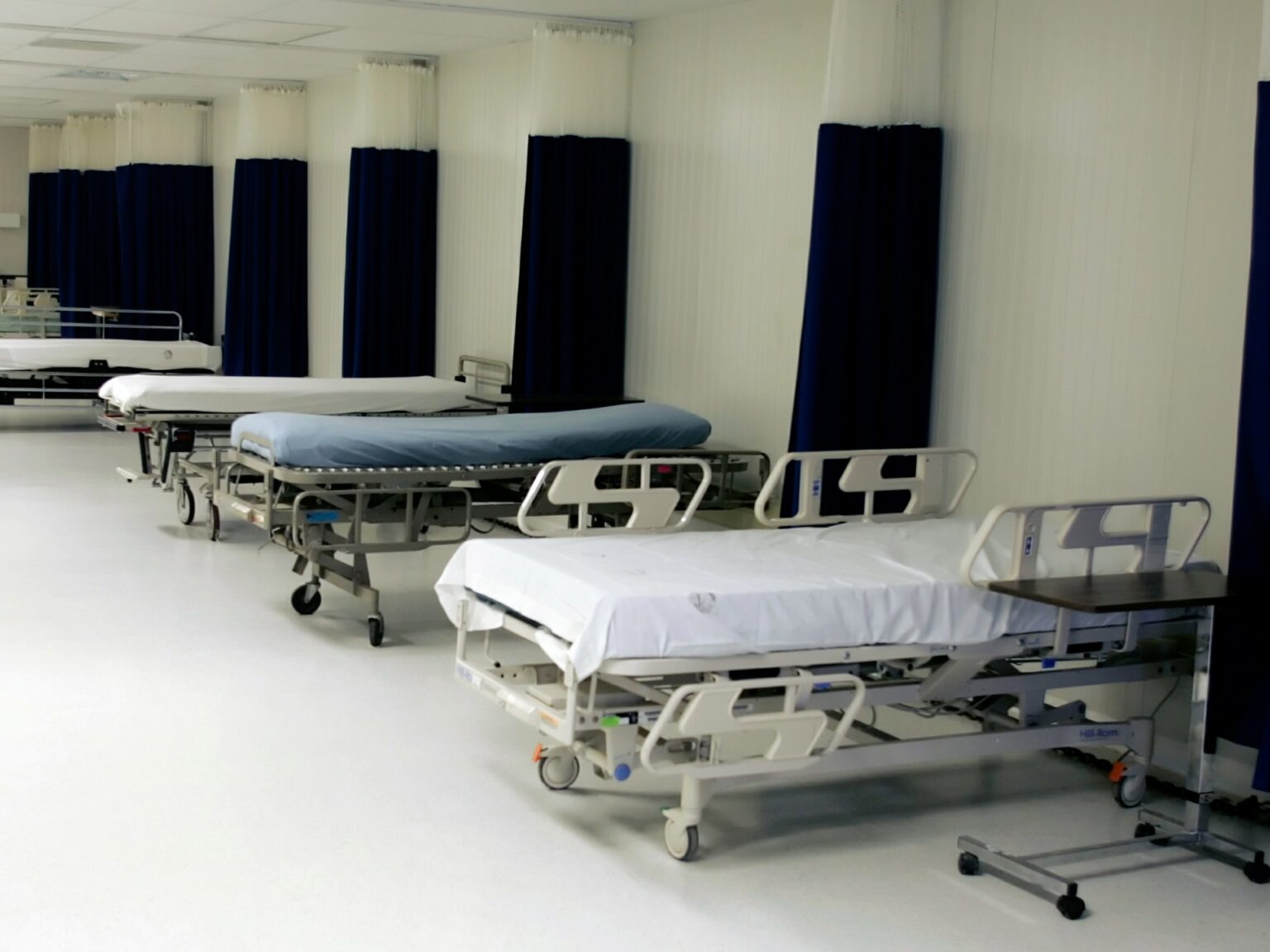Global Courant 2023-04-29 19:10:02
Two major statements released in the past two months have raised alarm about the state of medical care at the Guantánamo Bay detention center. In March, the United Nations Human Rights Council issued a letter from seven UN experts criticizing the inadequate medical care provided to detainees and pointing out “systematic deficiencies in medical expertise, equipment, treatment and accommodation”.
Then, in April, in a break from traditional protocol, the International Committee of the Red Cross (ICRC) echoed the concerns of UN experts and urged the United States “to find, as a matter of priority, adequate and lasting solutions “.
The ICRC very rarely comments publicly on detention conditions. As an independent and neutral humanitarian organization, it communicates its concerns to governments privately.
The release of these two statements thus indicates that the medical care crisis in Guantánamo has reached a point where it can no longer be ignored, and that the worst possible consequences – including the deaths of detainees – lie ahead. It is long overdue for a serious course correction.
For years, independent medical experts, former military personnel, and human rights organizations (including my organization, the Center for Victims of Torture) have documented and expressed concern about deficiencies in medical care at Guantanamo.
For example, detainees’ medical histories exclude information about their trauma and torture, or remain secret. Some former medical staff have said they were instructed not to ask about the torture of detainees. Their failure to do so, and to document any trauma history, violates the US’s responsibility to provide adequate care according to international standards.
Yet the consequences of the torture and cruel, inhuman and degrading treatment to which many detainees were subjected, as well as a lack of adequate care afterwards, have exacerbated their condition.
In January, Ammar al-Baluchi, who suffers from traumatic brain injury and other disorders as a result of his torture, was diagnosed with a spinal tumor, which his lawyers said “might eventually affect (his) motor or sensory nerves as it grows.”
Detainees also suffer seizures, vision loss, gastrointestinal problems, post-traumatic stress disorder and other long-term physical and psychological effects of torture.
The UN and ICRC identified the “accelerated ageing” of detainees as a major concern. As explained by the independent UN expert on the rights of the elderly, this is caused by “poor socio-economic and health backgrounds, together with the detrimental effect of imprisonment on health and well-being”.
The UN drew particular attention to the deteriorating condition of Abd al-Hadi al-Iraqi, a detainee in his 60s with a degenerative disease of the spine who now suffers from paralysis; the lack of adequate care exacerbates his condition and impairs his quality of life.
Medical care in Guantánamo is also affected by a lack of staff and inadequate equipment, including broken imaging equipment. In a disturbing example of Guantánamo’s limited capabilities, a medical officer said that “the prospect of attempting” to perform a complex operation on one of the detainees at the hospital “scares the hell out of me”.
And unlike military and civilians on the base, detainees are prohibited by law from leaving Guantánamo and receiving medical care, even in appalling, life-threatening conditions.
Even a former Guantánamo commander was irritated by the situation. In 2019, Vice Admiral John Ring told reporters, “Unless US policy changes, we’re going to be doing some kind of end-of-life care here at some point… A lot of my boys are prediabetic… Will I need dialysis? here? Don’t know. Somebody has to tell me that. Are we going to do complex cancer care here? Don’t know.”
Recent statements from the UN and the ICRC suggest that those questions are still unanswered and that little or nothing has changed.
Many of Guantánamo’s medical care problems can be solved. They can’t: detainees continue to distrust government doctors because of the role of medical personnel in torturing them (and/or other men).
And even if a health care provider succeeds in building rapport and trust, there will still be a lack of continuity of care because medical staff in Guantánamo rotate so often.
In June 2022, organizations including the International Commission of Jurists and Amnesty International stated that none of the detainees “had access to effective remedy or redress for the atrocities they suffered”, and that under international law “deprivation of effective medical treatment while still in detention constitutes a continuous act of torture”.
The Biden administration has committed to closing Guantánamo and has made progress toward that goal. Ten detainees have been released from the facility and resettled in third countries or repatriated. The government is also negotiating a plea deal with the five defendants in the 9/11 case — which would finally put an end to those never-ending trials — though senior officials are scrambling to address key policy issues that need to be decided first. the negotiations can go even further.
Today, a finite group of 30 detainees remains: 16 who have been cleared for release, 10 who have pending cases in Guantánamo’s military justice system, one serving a life sentence, and three “forever prisoners” who are still being held without charge or trial.
To this end, the ICRC is calling on the US to “break the political and administrative deadlock” that is holding back the remaining transfers and the “fate of all other detainees”.
But as long as one of the men stays, the government must provide them with comprehensive, trauma-informed and culturally competent treatment.
The UN and the ICRC have sounded the alarm. It’s time to call code red unless the US wants to address a humanitarian and human rights crisis that will further tarnish its global image.
The views expressed in this article are those of the author and do not necessarily reflect the editorial view of Al Jazeera.








